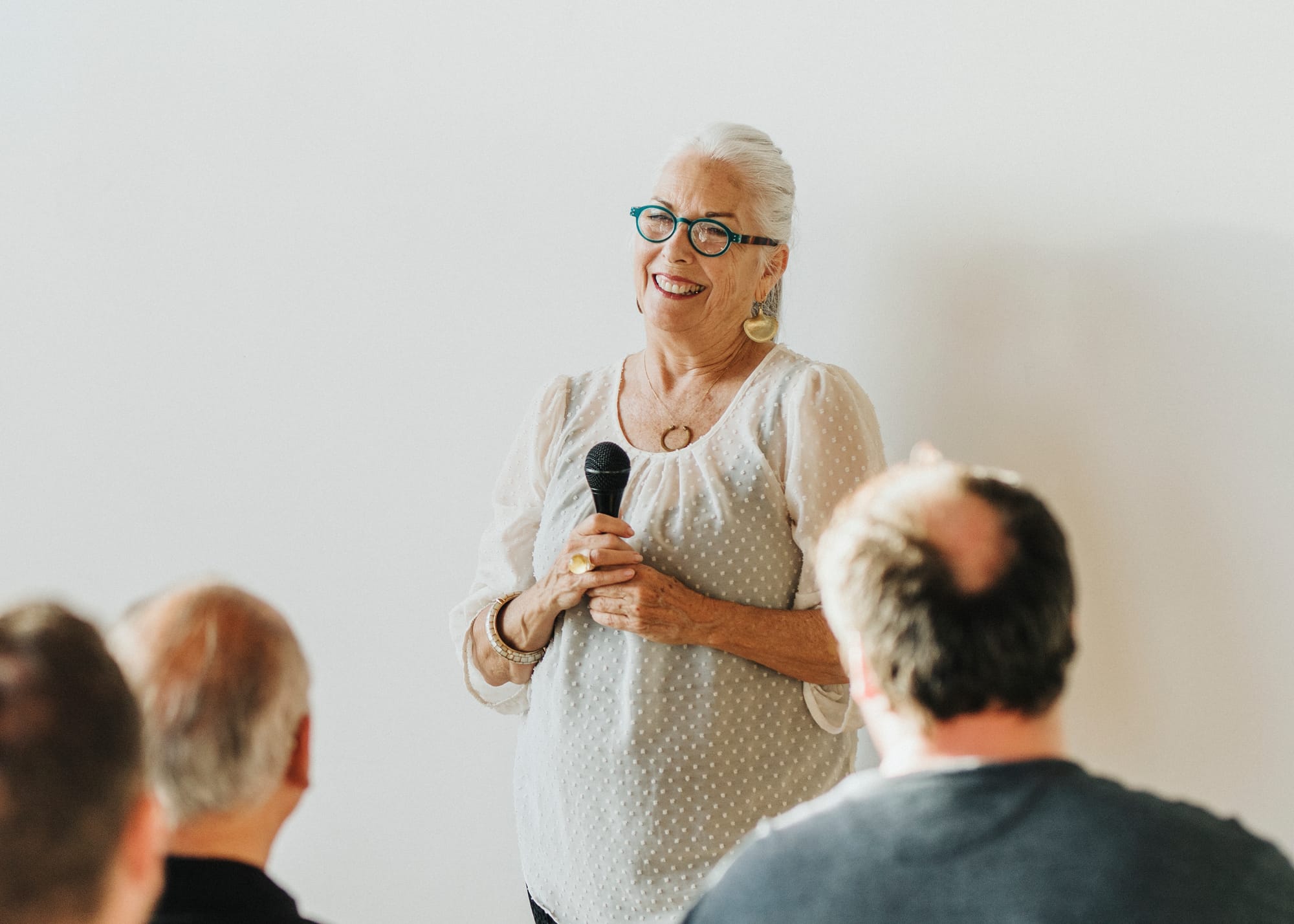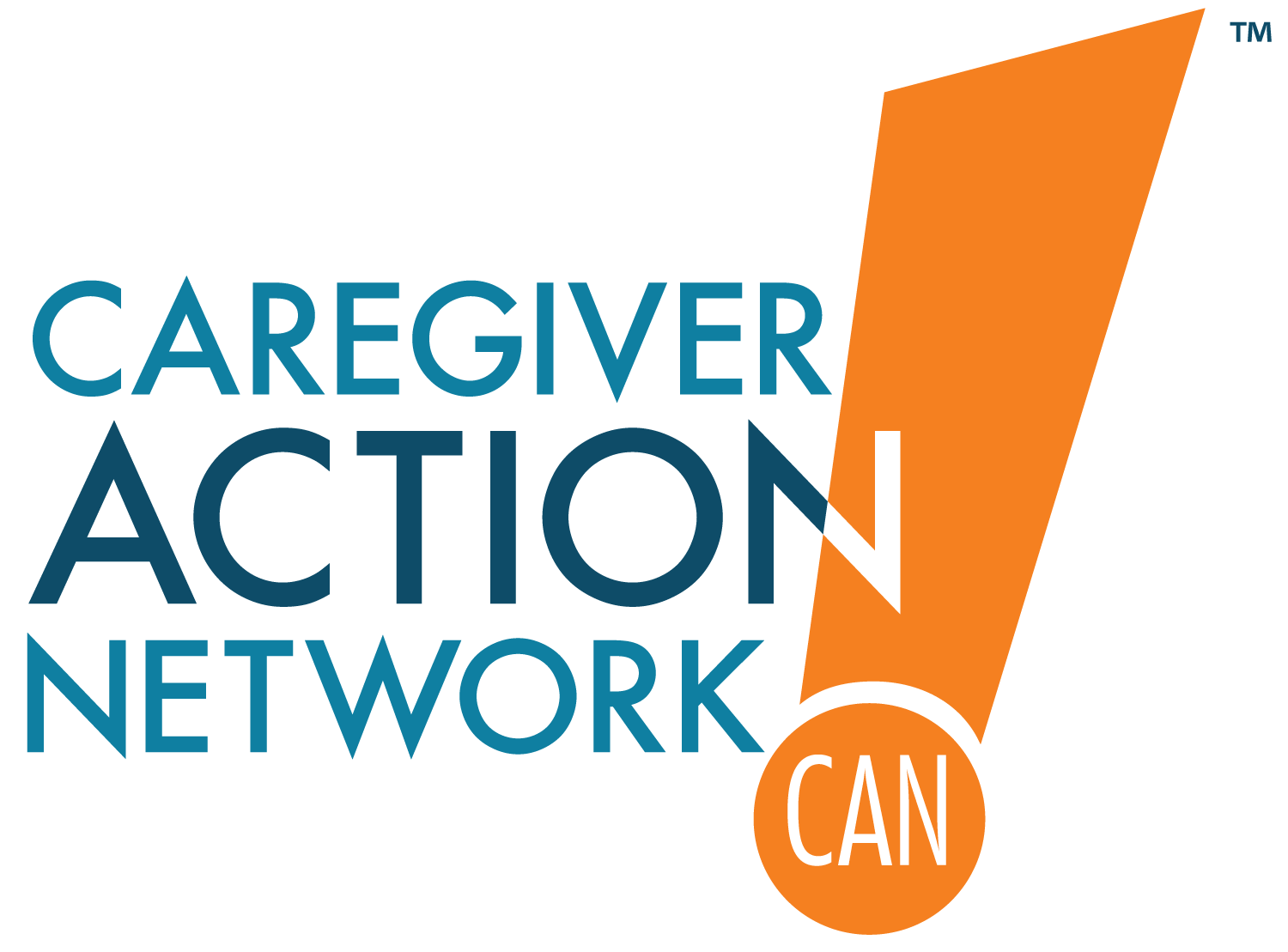From Challenges to Comfort: Palliative Care for Dementia Patients
Practical ways palliative care makes life more comfortable for dementia patients, addressing their physical and emotional needs with care.
Caregiving can be overwhelming, but you don’t have to do it alone. From expert advice to local support services, resources like the Family Caregiver Alliance and Area Agencies on Aging provide invaluable assistance to help caregivers manage their responsibilities and maintain their own well-being.

Caregiving is one of the most demanding and selfless responsibilities a person can undertake. Whether you’re caring for a family member with dementia, managing the day-to-day needs of an aging parent, or assisting a spouse with a chronic illness, the role of caregiver is complex and can quickly become overwhelming. Thankfully, there are resources designed to support caregivers, both emotionally and practically, ensuring that they don’t have to bear the burden alone. From expert advice on medical care to emotional support networks, these caregiving resources offer invaluable assistance to help you navigate the journey with confidence and compassion.

The Family Caregiver Alliance (FCA) is a comprehensive resource hub for caregivers of all backgrounds, offering information and tools that cover the full spectrum of caregiving needs. The FCA provides specialized guides on topics such as dementia care, self-care for caregivers, and long-term care planning. These guides are designed to help you address both the immediate and future challenges of caregiving.
In addition to written resources, the FCA also offers an extensive series of videos that demonstrate important caregiving tasks. From proper medication management to safe lifting techniques, these visual aids are an invaluable tool for caregivers who are learning how to provide physical care. The combination of practical advice and emotional support makes the FCA a vital resource for caregivers seeking guidance on how to manage their duties effectively while maintaining their own well-being.

Caregiving often presents daily challenges that can feel overwhelming—whether it’s managing household responsibilities, understanding the medical needs of your loved one, or figuring out how to ask for help. HelpGuide.org is a resource that offers straightforward, practical advice to help caregivers navigate these challenges. The website provides articles that break down the complexities of caregiving into manageable steps, helping caregivers create effective care plans, assess their loved one’s needs, and access community services.
For those looking to lighten their caregiving load, HelpGuide.org offers insights into accessing services like adult day care centers, home health aides, and meal delivery programs. These services can help caregivers find the support they need while ensuring their loved ones are well cared for. By providing clear and accessible guidance, HelpGuide.org is a valuable tool for caregivers seeking practical, real-world solutions to everyday caregiving problems.
One of the greatest challenges for caregivers is finding local services that can provide assistance, whether it’s meal delivery, day care programs for seniors, or in-home care support. Area Agencies on Aging (AAA) are government-backed agencies designed to connect caregivers with the resources available in their communities. Each AAA office offers a range of services, including counseling, care planning, and referrals to local support programs.
These agencies can help caregivers find adult day care centers where older adults can engage in social activities and receive care during the day, giving caregivers a much-needed break. In addition, many AAA offices provide home-delivered meals and in-home support services, ensuring that both caregivers and care recipients have access to essential resources. The AAA is a crucial link for caregivers seeking local, accessible help.
Caregiving can be both physically and emotionally exhausting, and it’s important for caregivers to have access to services that provide relief and support.
Caring for someone full-time can leave little room for rest. Respite care offers temporary relief for caregivers by providing professional care for their loved ones, allowing them to take a break. Whether it's for a few hours or a few days, respite care ensures that your loved one’s needs are met while you take the time to recharge. This service is particularly valuable for caregivers who need a mental health break or time to address their own medical needs.
Some specific programs, like the Respite Care program for veterans, provide additional support tailored to those caring for veterans, offering specialized services that meet the unique needs of this group. For caregivers feeling overwhelmed by the nonstop demands of their role, respite care can be a lifeline, offering time to rest without the worry of neglecting their loved one’s needs.

One of the most powerful ways to combat caregiver isolation is through support groups. These groups provide caregivers with the opportunity to share their experiences, offer advice, and gain emotional support from others who understand the challenges of caregiving. Many organizations, such as the National Institute on Aging and AARP, offer support groups that connect caregivers with others facing similar challenges.
Whether you choose to join an in-person group or participate in an online forum, these networks provide a safe space for caregivers to discuss their concerns, share solutions, and receive encouragement. Support groups can be an essential resource for maintaining emotional well-being, offering caregivers a sense of community and reassurance that they are not alone.
It’s often said that you can’t pour from an empty cup, and this is particularly true for caregivers. The demands of caregiving can take a toll on physical and mental health, making it essential for caregivers to prioritize their own well-being.
Maintaining your own health while caregiving might seem like a luxury, but it’s crucial to avoid burnout. This means eating nutritious meals, staying active, and managing stress effectively. Regular breaks, whether they involve reading a book, taking a walk, or simply relaxing with a cup of tea, can make a significant difference in your mental and physical health.
Many caregivers feel guilty asking for help, but it’s important to communicate your needs clearly to family members and friends. Whether you need someone to take over caregiving duties for an afternoon or help with household tasks like grocery shopping, don’t hesitate to ask. Even small acts of assistance can lighten the load and help you maintain balance in your life.
Caregiving often requires specialized knowledge, especially when dealing with chronic conditions or disabilities. Fortunately, there are educational programs that can help caregivers develop the skills they need.

Programs like Trualta offer online caregiver training, providing essential knowledge on topics such as safe lifting techniques, medication management, and disease-specific advice. These resources help caregivers feel more confident in their roles, ensuring that they are providing the best care possible for their loved ones while also protecting their own physical health.

The Caregiver Action Network is another excellent resource that provides education, peer support, and tools tailored to various caregiving roles. Whether you’re new to caregiving or balancing caregiving with a full-time job, the network offers specific resources to meet your needs. By offering a wide range of educational materials and connecting caregivers with one another, the Caregiver Action Network helps individuals navigate their roles with confidence and support.
Caregiving is a demanding role, but you don’t have to face it alone. With resources like the Family Caregiver Alliance, HelpGuide.org, and Area Agencies on Aging, caregivers can find the support, education, and respite they need to provide care effectively. Whether you need a break through respite care, emotional support from a group, or practical advice from an online guide, these resources offer invaluable help. As a caregiver, remember that taking care of yourself is just as important as taking care of your loved one—and the right resources can make all the difference.